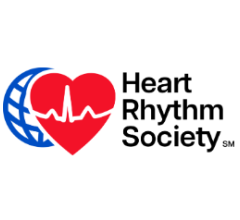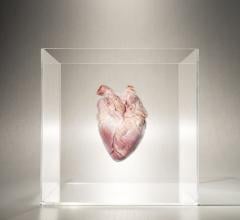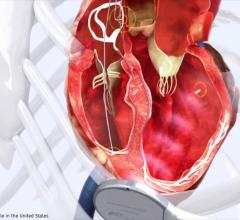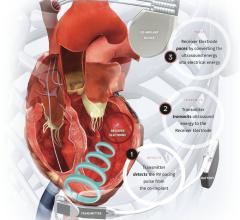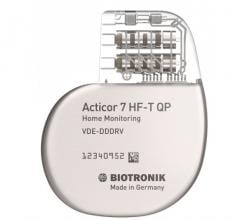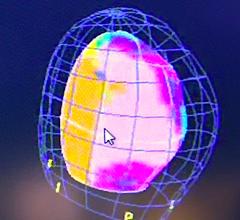
April 14, 2017 — The National Institute for Health and Care Excellence (NICE) recently issued medical technology guidance recommending the use of Boston Scientific Corp. cardiac resynchronization therapy defibrillators (CRT-D) powered by EnduraLife Battery Technology for treating patients with heart failure.
In their evaluation, NICE – which provides evidenced-based guidance to improve health and social care in the National Health Service (NHS) in the United Kingdom – concluded that the extended battery life observed with Boston Scientific EnduraLife-powered CRT-Ds is likely to reduce the number of avoidable replacement procedures a patient may have to undergo, thereby offering improved outcomes for patients and potential savings to the NHS in England of approximately £6 million in the first five years.
The savings were calculated by modeling the costs associated with early replacement procedures, such as a reduction in hospital admissions, bed days and procurement costs. Fewer replacement procedures also equate to a reduction in associated costs accrued from post-operative complications and infections – both of which also have a measurable impact on morbidity and mortality.
"The NICE guidance reinforces the multi-faceted importance of battery longevity in devices treating patients with heart failure and life-threatening ventricular arrhythmias," said Jay Wright, M.D., consultant cardiologist, Liverpool Heart and Chest Hospital, Liverpool, U.K. "Additionally, the reduction in replacement procedures and potential savings identified within the guidance could offer longer-term relief to NHS providers who have recently seen an increase in the number of patients requiring further in-hospital treatment."
The NICE medical technologies advisory committee found that the evidence from 16 independent clinical and economic studies supported a case for adoption. The committee concluded that EnduraLife-powered CRT-Ds have a greater battery capacity and longer battery life compared with other CRT-Ds reviewed.
The full guidance document can be read here.
For more information: www.bostonscientific.com


 July 21, 2025
July 21, 2025 
